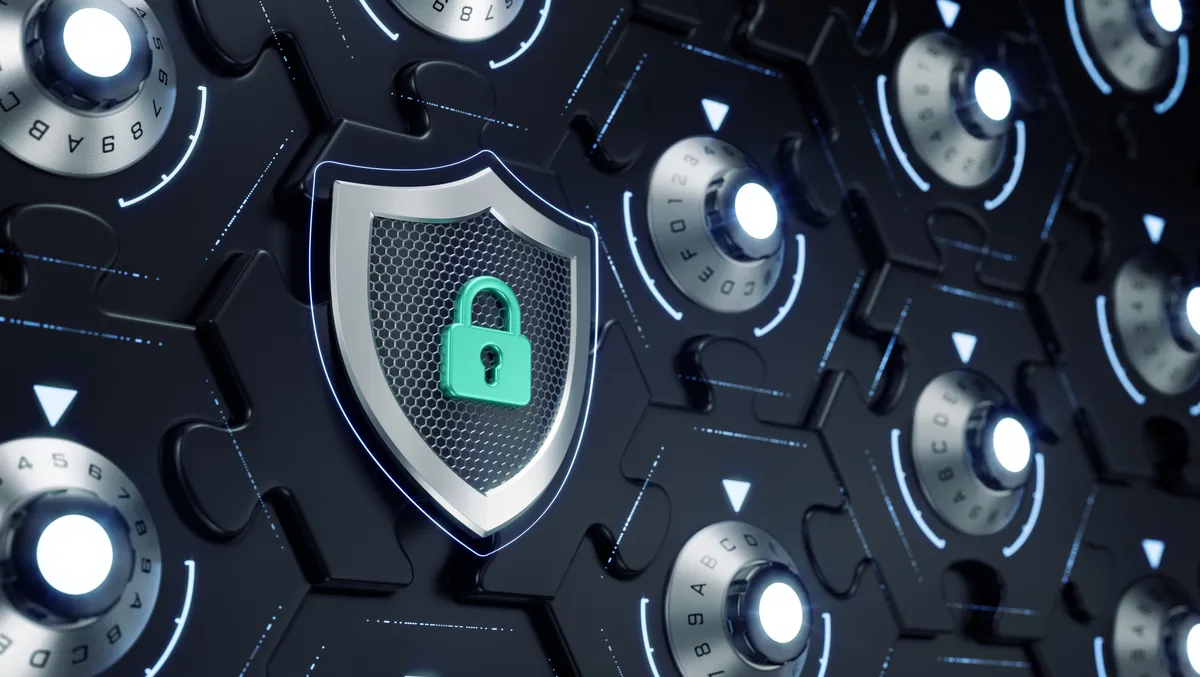
New research from Titaniam has revealed 40% of companies spend over $1,000,000 on tokenisation every year, however, 70% saw external adversaries steal sensitive data in the last 12 months.
Of the 70% who experienced data theft over the last year, nearly all security professionals (98.6%) said they believed that this could have been prevented with a more modern data security solution.
"Tokenisation has been a stalwart tactic for data protection for years," says Arti Raman, CEO & Founder, Titaniam.
"However, it has also been one of the most invasive, inconvenient, slow, and expensive security controls in the enterprise.
"At the end of the day, with all its limitations both on data usability as well as on performance, most enterprises use it sparingly," he says.
"Our study found that cybersecurity experts are looking for a modern improved solution that provides the strength of tokenisation while removing the friction that has accompanied it in the past."
The research showed that the top types of sensitive data companies house include employee data, customer data, and payment card data, all of which could have dire consequences if stolen.
Interestingly, with so much being spent on tokenisation to protect this confidential information, cybersecurity experts recognise its limitations. Nearly half (47%) indicated that they can't tokenise all of their data due to a lack of insight, followed by lack of performance (44%) and lack of context (41%). Further complicating the process, a vast majority of respondents (76%) find tokenisation solutions to be cost-prohibitive.
The survey revealed that tokenisation threatens budgets, bottom lines, and productivity. The majority of respondents (85%) detokenise their data to use it. This makes obvious sense since, traditionally, tokenised data is not usable in its secure form. Nearly a third (32.7%) detokenise and release data into a data repository or analytics platform, 31.7% release detokenised data to authorised users and applications, and 20.2% detokenise in memory to facilitate data usage. It should be noted that once data is detokenised, it is no longer secure. This explains why companies that invest millions in tokenisation still suffer from data breaches and sensitive data compromises.
The need for change is apparent as less than 1% of all respondents are happy with their current tokenisation solution.
Experts are looking for updated solutions to include a variety of advanced features previously unavailable with traditional tokenisation technology.
The features at the top of the list include tokenisation that can be applied to unstructured data and can retain full usability (46.2%); the ability to build apps directly on a datastore with built-in tokenisation (45.2%); suitable evidence of compliance even during an attack (43.3%); and tokenised data that can be richly searched and analysed without detokenisation (42.3%).
"It is clear that cybersecurity professionals are ready to move beyond traditional tokenization for a data security platform that provides strong security without restricting the business from using the underlying data to drive value," says Raman.
"Enterprise data usage is accelerating at a rapid rate and it is time for data security solutions to keep up," he says.
"Fortunately, organisations can now look to advanced data security platforms like Titaniam, which provide all the benefits of tokenisation without the restrictions posed by traditional solutions."
